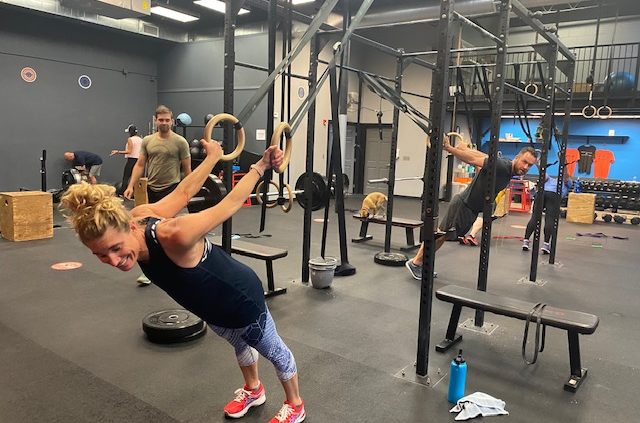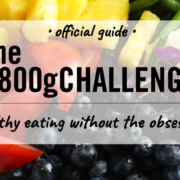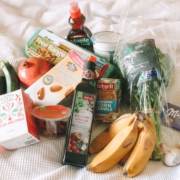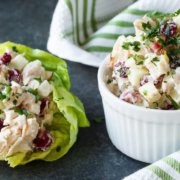Snacking 101: How Snacking Fits Into Your Nutritional Strategy
Anytime I begin to coach someone with their nutrition, one of the most popular topics that comes up is snacking.
- “Can I snack?”
- “Am I not supposed to?”
- “But what if I really want a snack?”
Real Reason(s) #theScience
Snacking is not a sound nutritional strategy if someone is going to take their diet and health to the next level.
I will refer to one of my favorite nutrition books, It Starts With Food, where you’ll find the groundwork for the “no snacking” recommendation on pages 185-187. It’s based on the idea that leaving enough time between meals (3-5 hours) lets your hormones do their job; using fat from your diet AND your body as fuel to keep you energized, focused, and happy.
When you snack too frequently, you’re giving your body energy all the time, which means your body is less inclined to burn the stored stuff.
However, this is a recommendation, not a rule. Snacking can help in the beginning of a new diet when changing your food patterns and behaviors:
- when it’s hard to get your meal size just right
- when emergencies happen
- special circumstances: travel, young kids, pregnant
In the end, grazing is not the ideal strategy for long term success.
Snacking 101
Instead of snacking, I like change a clients perspective to a “mini-meal.”
A “mini-meal is exactly what it sounds like — a smaller version of a complete meal including a protein, vegetable, and a fat.
The goal of a compliant meal is to fuel the body with a complete mix of macro and micronutrients to nourish the body and provide adequate calories (energy) to support all your exercise and daily activities needs.
Snacking is more like eating an apple. Don’t eat just an apple — sure, it’s not ‘bad’ for you, but it has slim to none satiety. Food, by design, is to fuel, nourish and feed your body. An apple alone just won’t serve all of those needs.
To Snack or Not to Snack
Should you snack? Not if you don’t have to.
Can you snack? You can if you need to.
Let’s break it down with some best practices.
When to Snack
- Early in new diet (nutrition program) when troubleshooting how big to make your meals
- Traveling and/or stuck somewhere and without a real meal
- Working out like a boss and need a pre/post workout nutrition
- Long days and three meals just doesn’t cut it
- Legitimately hungry
- If you want a treat (NOT CHEAT), and you own it
When Not to Snack
- When you’re bored, anxious, lonely, or tired
- When it’s a habit, not hunger — X:00 and you have that late night snack while Netflix and chillin’
- Within two hours of bed
Solutions and Alternatives to Snacking
- Try some tea, like Turmeric Tea
- Drink more water and/or add some hydration supplement
- Make a bigger meal next time, or add a “mini-meal”
Need Help Getting Your Nutrition on Track?
That’s why we’re here! At CPM Fitness, our expert coaches help Sioux Falls residents create sustainable, healthy lifestyles through proper training and nutrition coaching. We can help you create a long-term nutrition plan that’s best for you.
Interested? Shoot us a message.










